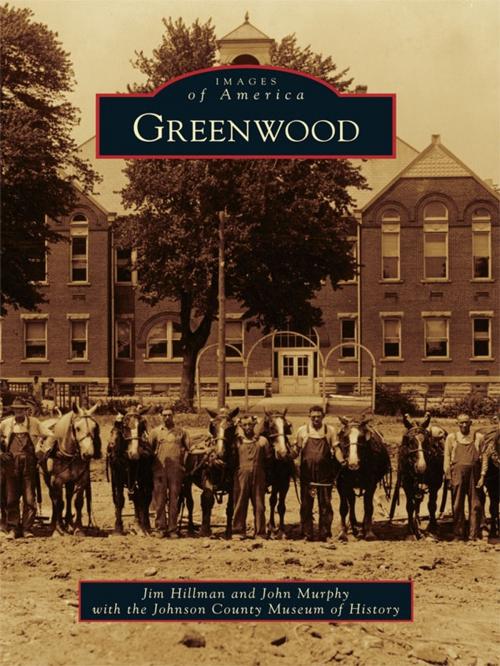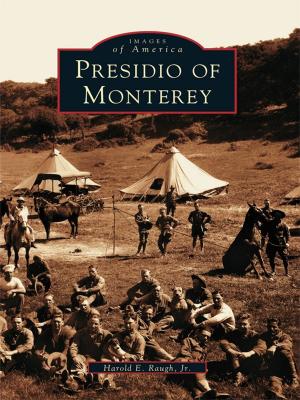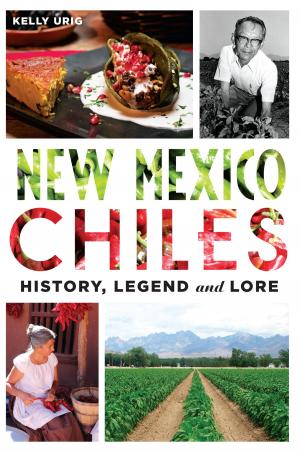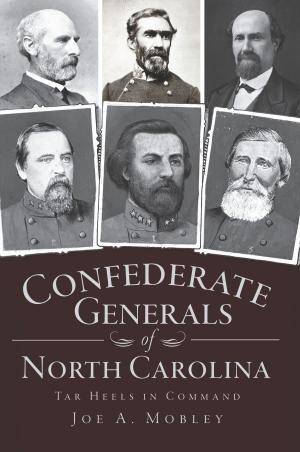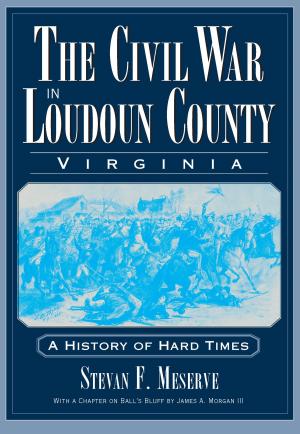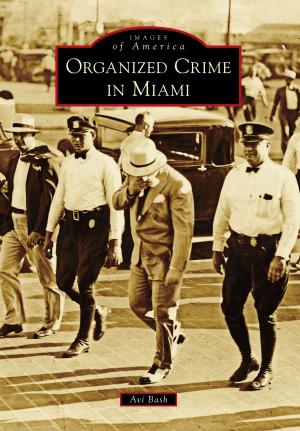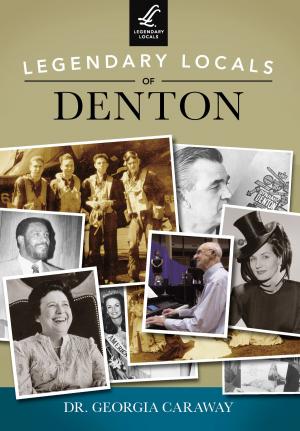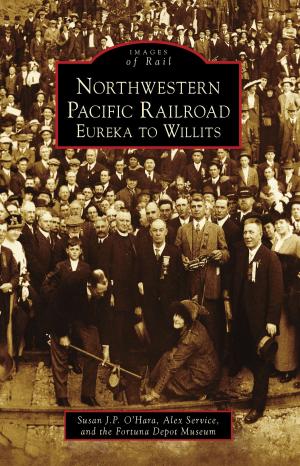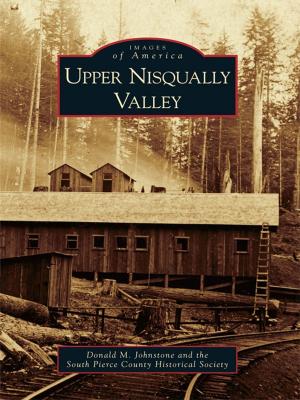| Author: | Jim Hillman, John Murphy, Johnson County Museum of History | ISBN: | 9781439624517 |
| Publisher: | Arcadia Publishing Inc. | Publication: | April 5, 2010 |
| Imprint: | Arcadia Publishing | Language: | English |
| Author: | Jim Hillman, John Murphy, Johnson County Museum of History |
| ISBN: | 9781439624517 |
| Publisher: | Arcadia Publishing Inc. |
| Publication: | April 5, 2010 |
| Imprint: | Arcadia Publishing |
| Language: | English |
By 1813, in an area originally inhabited by Native Americans, including a significant Delaware Indian village located on White River�s western banks, the future Greenwood was made safe for settlement by the Kentucky and Indiana militias. In 1818, with the New Purchase treaties and establishment of Whetzel Trace, the earliest east-west transportation route through central Indiana, the dense, overgrown forest became readied for settlement. Arising from humble beginnings as Smocktown, the community was officially named Greenfield in 1825, followed by renaming to Greenwood in 1833. The territory has seen tremendous growth through the decades since John B. and Isaac Smock arrived, transforming the land from a pioneer village into a contemporary hub of business and industry. Accused of being a �bedroom community� of Indianapolis, Greenwood strives to maintain its relevance as a unique and historically proud community.
By 1813, in an area originally inhabited by Native Americans, including a significant Delaware Indian village located on White River�s western banks, the future Greenwood was made safe for settlement by the Kentucky and Indiana militias. In 1818, with the New Purchase treaties and establishment of Whetzel Trace, the earliest east-west transportation route through central Indiana, the dense, overgrown forest became readied for settlement. Arising from humble beginnings as Smocktown, the community was officially named Greenfield in 1825, followed by renaming to Greenwood in 1833. The territory has seen tremendous growth through the decades since John B. and Isaac Smock arrived, transforming the land from a pioneer village into a contemporary hub of business and industry. Accused of being a �bedroom community� of Indianapolis, Greenwood strives to maintain its relevance as a unique and historically proud community.
